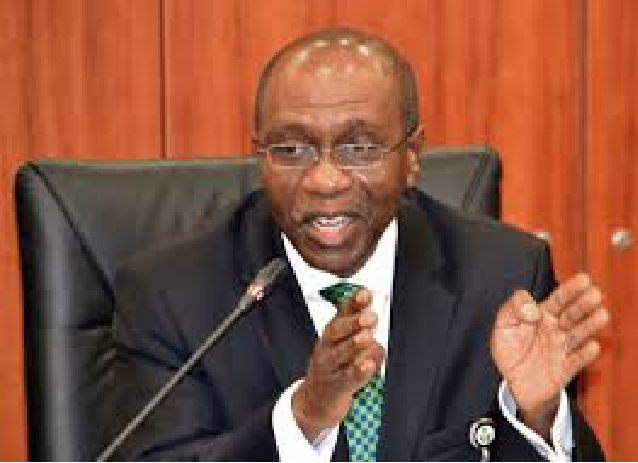The Central Bank of Nigeria (CBN) has introduced longer-term contracts on the naira in a move to attract more foreign inflows, shore up its dwindling dollar reserves and stave off a currency devaluation, Reuters report yesterday.
The CBN Governor, Mr. Godwin Emefiele, last month said no adjustment of the naira was planned and that the Bank would continue to sustain the value of the currency.
The central bank on Thursday offered naira-futures contracts for a five-year settlement for the first time, priced at N379.81 to the US dollar, traders said. The longest tenor prior to this was a 13-month contract, which the central bank has offered for more than a year.
The naira has come under pressure this year as importers demand dollars to feed Nigeria’s consumers and like the market, sentiment worsen by fears that the coronavirus outbreak would hit Chinese demand, one of Nigeria’s major trading partners, and dampen growth.
Analysts welcomed the move as providing opportunities to hedge currency risk and develop the futures market but said that further reforms were needed to boost secondary market trading on the futures.
“The longer futures curve may not necessarily result in renewed portfolio inflows at this point. Government bond yields are too low for foreign investors to get involved in longer-dated debt, hedged or non-hedged,” Head of Africa Strategy at Standard Chartered Bank, Samir Gadio said.
The central bank now has sixty futures contracts outstanding from 13 earlier, traders said.
The contracts trade on the FMDQ OTC Securities Exchange.
Nigeria’s forex reserves declined to $36.68 billion as of February 10, down 12.4 percent from a year earlier, central bank data showed on Thursday.
The West African nation has been selling debt to shore up reserves. It has floated the idea of tapping the Eurobond market this year to raise up to $3 billion after staying away last year.
Senior Economist at South Africa’s NKC African Economics, Cobus de Hart, said Nigeria’s reserves could remain under pressure if oil prices stay low and imports continue to rise, raising the risk of new capital controls being imposed.
On the official currency market supported by the central bank, the naira was quoted at 306.95 while on the over-the-counter spot market it was quoted weaker at around 364.
The forwards market on Thursday priced a much weaker naira at N399.73 to the dollar in a year’s time.
Source: THISDAY














